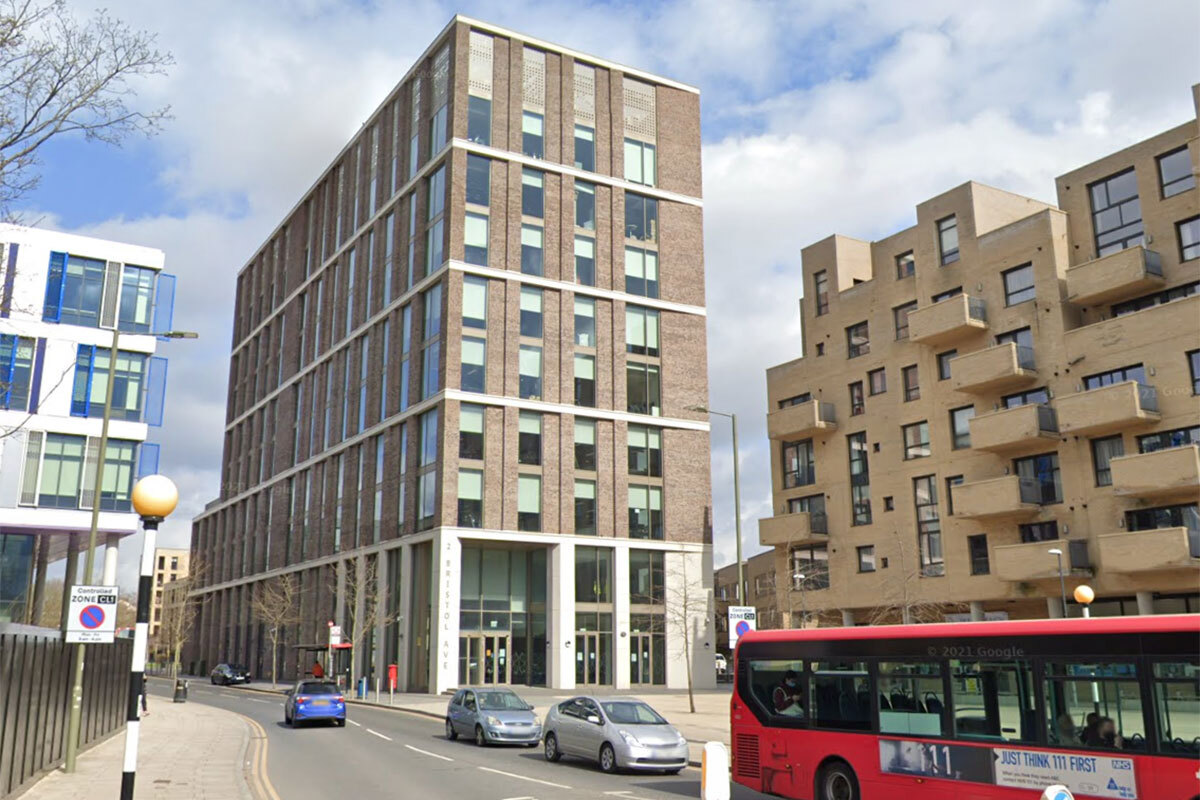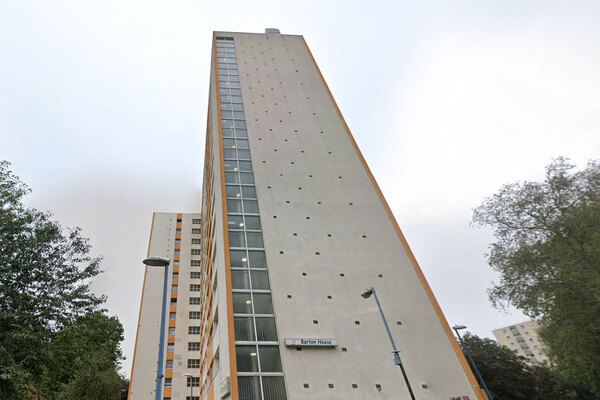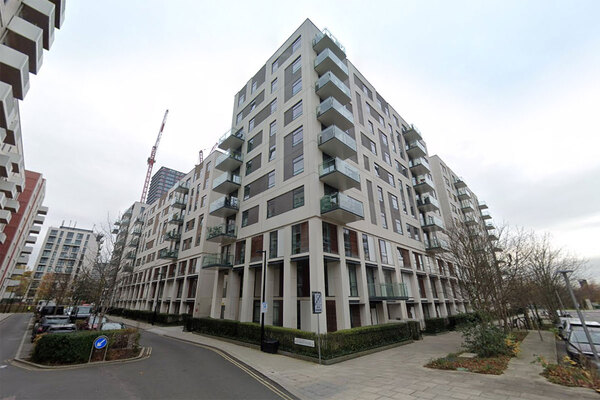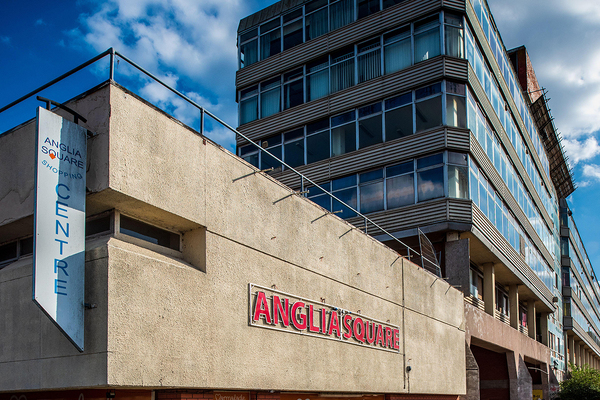You are viewing 1 of your 1 free articles
Fears of low-rise cladding crisis as London council plans to fix hundreds of terraced homes
A London council has set out multimillion-pound plans to replace cladding on 580 terraced homes amid fears of a low-rise cladding crisis.
Barnet Council said it had set aside £3.6m for the scheme to replace cladding on the council-owned homes. It will also offer loan and repayment plans for freeholders who commission the council to remediate their home.
The borough became aware of safety issues with cladding on the low-rise houses in summer 2023, after a serious house fire in Moss Hall Grove, West Finchley spread rapidly across the terrace of four homes.
The 586 affected properties were built between the 1930s and 1960s and are timber-framed one or two-storey terraced houses, with original timber cladding or UPVC cladding installed in the 1980s.
The houses are in four areas across the borough and the privately owned homes were purchased through the Right to Buy scheme.
Following an investigation by building consultancy Capital, it was found that UPVC cladding on the outside of the homes allowed the fire to spread quickly to neighbouring properties.
Alongside the timber frame of these buildings and fire-stopping issues, the cladding constituted a Category 1 hazard under post-Grenfell building standards, meaning the council has a legal duty to take action.
The council has written to affected residents detailing plans to replace the cladding on 153 council-owned homes. The £3.6m to cover the council-owned remediation scheme will be taken from the borough’s Housing Revenue Account.
Alongside this, the council has secured £13m to pay for the upfront costs to freehold properties to ensure all the works required can go ahead, but it said homeowners “will ultimately be responsible for their costs”.
It is offering the 426 freeholders and seven leaseholders a “package of works” to replace the cladding, as well as a loan and repayment plan for freeholders to manage the cost, subject to approval at a council meeting on 12 March.
Remediation works are estimated to cost up to £23,000 per home, depending on the size of the property.
According to Capital, the works to the council homes cannot be completed without works to other properties in the terrace being completed in tandem.
Barnet Council said that while its homes contain a “significant hazard”, there is no “imminent risk” to occupiers. It has provided smoke detectors and offered fire safety advice to residents.
The works will begin in April 2024 and will be undertaken over a three-year period. Any property identified as being of a higher priority because of its construction or because of the occupier’s mobility issues will be prioritised, the council said.
Ross Houston, deputy leader and cabinet member for homes and regeneration at Barnet Council, said he feared that this type of cladding could be a national issue.
He said: “The council will cover the cost for replacing cladding on its social housing stock but homeowners will unfortunately need to fund remediation for their own properties.
“The cost of replacing the cladding on each property could be up to £23,000 so to help we are organising a loan and a repayment plan for those who need it, but we’re really limited on what we can do.
“We believe the 580 affected homes in Barnet are just the tip of the iceberg across the country. We’re sharing details with other local authorities and DLUHC [the Department for Levelling Up, Housing and Communities] as clearly there is need for a national plan to raise awareness and work out how best to support homeowners.”
He said that Barnet Council has briefed the London Fire Brigade, housing associations and the Regulator of Social Housing to ensure they are aware of the cladding issue on this type of property.
Mr Houston added: “Ours is an inherited problem relating to buildings constructed and adapted a long time ago. We recognise how hard this will be for all the homeowners who will be faced with an unexpected bill for works, but we have a legal duty to act, and the safety of our residents must come first.”
At the start of last month, a resident campaign group warned that progress towards remediating tower blocks with building safety issues in the UK could be “misleading” because of the way the government is collecting and publishing the data.
Sign up for our fire safety newsletter
Already have an account? Click here to manage your newsletters












